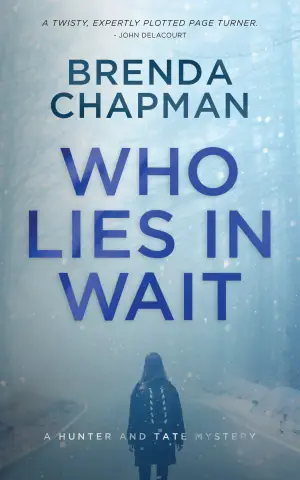As an avid fan of literary fiction, I was drawn to The Poisonwood Bible by Barbara Kingsolver primarily due to its rich thematic explorations and historical depth. The story of Nathan Price, an evangelical Baptist who uproots his family to the Belgian Congo in 1959, promised a profound look at the clash of cultures, faith, and the complexities of family dynamics. I’ve been eager to read Kingsolver’s work for a while, and the glowing descriptions of her lyrical prose and emotional depth only heightened my anticipation.
The Poisonwood Bible is a layered narrative delivered through five distinct voices: Nathan’s wife, Orleanna, and their four daughters—Rachel, Leah, Adah, and Ruth May. The shifting perspectives provided a multifaceted view of their journey, allowing me to witness how each character wrestled with their individual struggles and the larger socio-political landscape of postcolonial Africa. This narrative choice stood out as one of the book’s strengths, as it illustrated the varying responses to the same oppressive circumstances, reflecting the complexity of human experience.
The characters were undoubtedly one of the highlights for me. Robby aptly described the story as "romantic" and "exciting," and I would say my heart truly ached for each family member caught in Nathan’s zealous grip. It was powerful to see Orleanna’s development from a submissive wife to someone finally reclaiming her agency, particularly as the complexities of gender and familial loyalty unfolded. The emotional weight Kingsolver wove into her characters made them feel utterly real, as if I were witnessing their lives rather than merely reading about them. Leah, with her fierce loyalty and intelligence, particularly resonated with me. Her arc was captivating, and I found myself rooting for her at every twist and turn.
However, I was aware of aspects that some readers found challenging, and fair warning, they certainly impacted my reading experience as well. The pacing of the story sometimes felt uneven, particularly in the latter half, which many have noted. While I appreciated the slow-burn build-up that developed the characters leisurely, I sometimes yearned for a faster tempo that could maintain the tension of their narrative. Lisa Ortiz pointed out that the story had its flaws but was ultimately wonderful—and I align with her assessment.
In terms of content, the historical insights about African cultures and the lingering effects of colonialism were enlightening. Some critics lamented that Nathan’s character came off as overly harsh, bordering on a caricature. While he was definitely a central figure in the family’s destruction, I couldn’t help but feel a tinge of sympathy for him as well. His fervor, while misguided, stemmed from his own insecurities and a desperate need to fulfill his vision of faith. I almost wished to delve deeper into his psyche, as a more balanced portrayal could have added richness to the narrative.
The prose, as many have noted, was exquisite. The descriptions of the Congolese landscape felt lush and alive. Kingsolver’s ability to weave lyrical moments with gut-wrenching realities left me highlighter-happy on my Kindle, eager to capture her beautiful quotes. Azyet24 captured this essence well when they mentioned how the book "grabbed me by the soul." Moments of light and loss ebbed and flowed, highlighting not just the beauty of the setting but also the emotional turmoil faced by the Price family.
In conclusion, The Poisonwood Bible is indeed a must-read, even with its pacing issues and some character portrayals that may feel one-dimensional. The story’s exploration of religion, colonial morality, and the inherent conflicts of cultural arrogance are timely and relevant, making it a thought-provoking experience. The emotional journeys of Orleanna and her children will linger with me, positively shaping my reflections on faith, family, and the journey of self-discovery.
If you’re patient, willing to savor beautiful writing, and intrigued by stories that delve into the heart of human complexities intertwined with history, then I wholeheartedly recommend diving into this novel. It’s a poignant, lyrical journey worth taking.
“Discover the compelling journey of faith and redemption in The Poisonwood Bible.” >>








